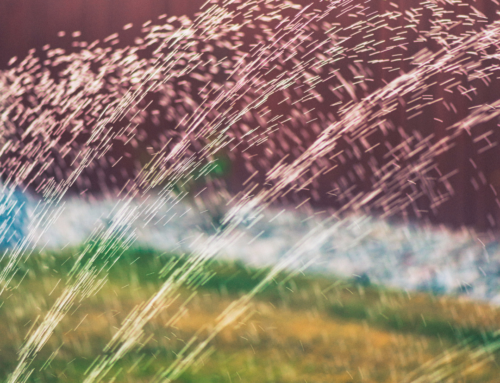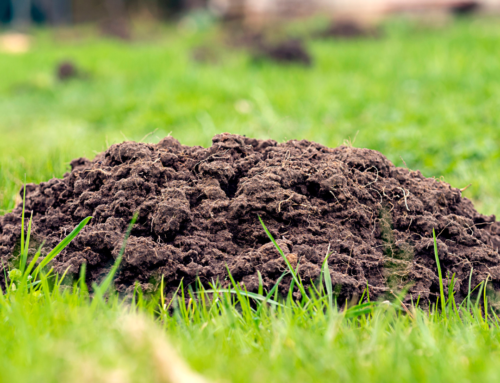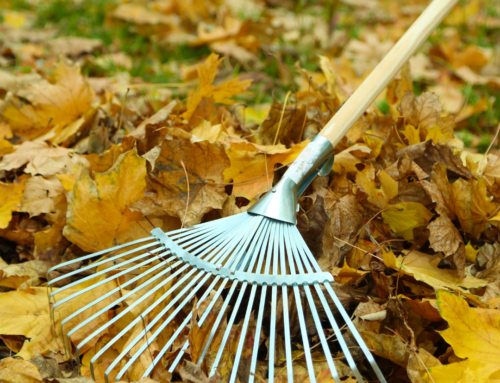Is your new year’s resolution to have the most beautiful lawn on the block? Yes! We love that goal. This month we are going to shed some light on an important topic to remember when spring rolls around in a few months. In the world of lawn care, the timing of watering can significantly impact the health and vitality of your grass. While watering your lawn is crucial for maintaining its lush green appearance, the timing of this activity is often overlooked. One common mistake that many homeowners make is watering their lawns at night.
Here are four quick reasons why watering your lawn at night can be detrimental and why it’s best to avoid this practice.
- Increased Risk of Fungal Growth
One of the primary reasons why watering your lawn at night is discouraged is the heightened risk of fungal diseases. When you water your lawn in the evening, the moisture lingers on the grass blades and soil for an extended period, creating a damp environment that is conducive to fungal growth. Fungi such as mold and mildew thrive in these conditions, leading to unsightly lawn diseases like dollar spot and brown patch.
- Prolonged Moisture Can Attract Pests
In addition to fostering fungal growth, nighttime watering can attract unwanted pests to your lawn. Moist conditions overnight provide an ideal habitat for insects such as mosquitoes, slugs, and snails. These pests not only damage your grass but can also pose health risks to you and your family. By watering your lawn during the day, you give the grass and soil a chance to dry out, minimizing the risk of pest infestations.
- Poor Absorption and Evaporation
Watering your lawn during the daytime allows for better water absorption by the grass roots. In the heat of the day, the sun helps to open up the stomata (tiny pores) on the grass blades, enabling efficient water uptake. Conversely, watering at night means that the water sits on the surface of the grass for an extended period, leading to inefficient absorption and evaporation. This can result in water wastage and may contribute to overwatering, which can be detrimental to the health of your lawn.
- Potential for Lawn Diseases
In addition to fungal diseases, nighttime watering can increase the risk of other lawn ailments, such as root rot and crown rot. These conditions occur when the grass remains wet for prolonged periods, leading to the decay of the root system and the base of the grass plant. Over time, this can weaken the overall health of your lawn and make it more susceptible to damage from environmental stressors such as drought and extreme temperatures.
In conclusion, while watering your lawn is essential for its health and vitality, the timing of this activity plays a crucial role in determining its effectiveness. Watering your lawn at night may seem convenient, but it can have detrimental effects on the overall health of your grass. By avoiding nighttime watering and opting for early morning or late afternoon sessions, you can promote optimal growth and minimize the risk of lawn diseases and pest infestations. Remember, a little attention to timing can go a long way in maintaining a lush and vibrant lawn all season.






